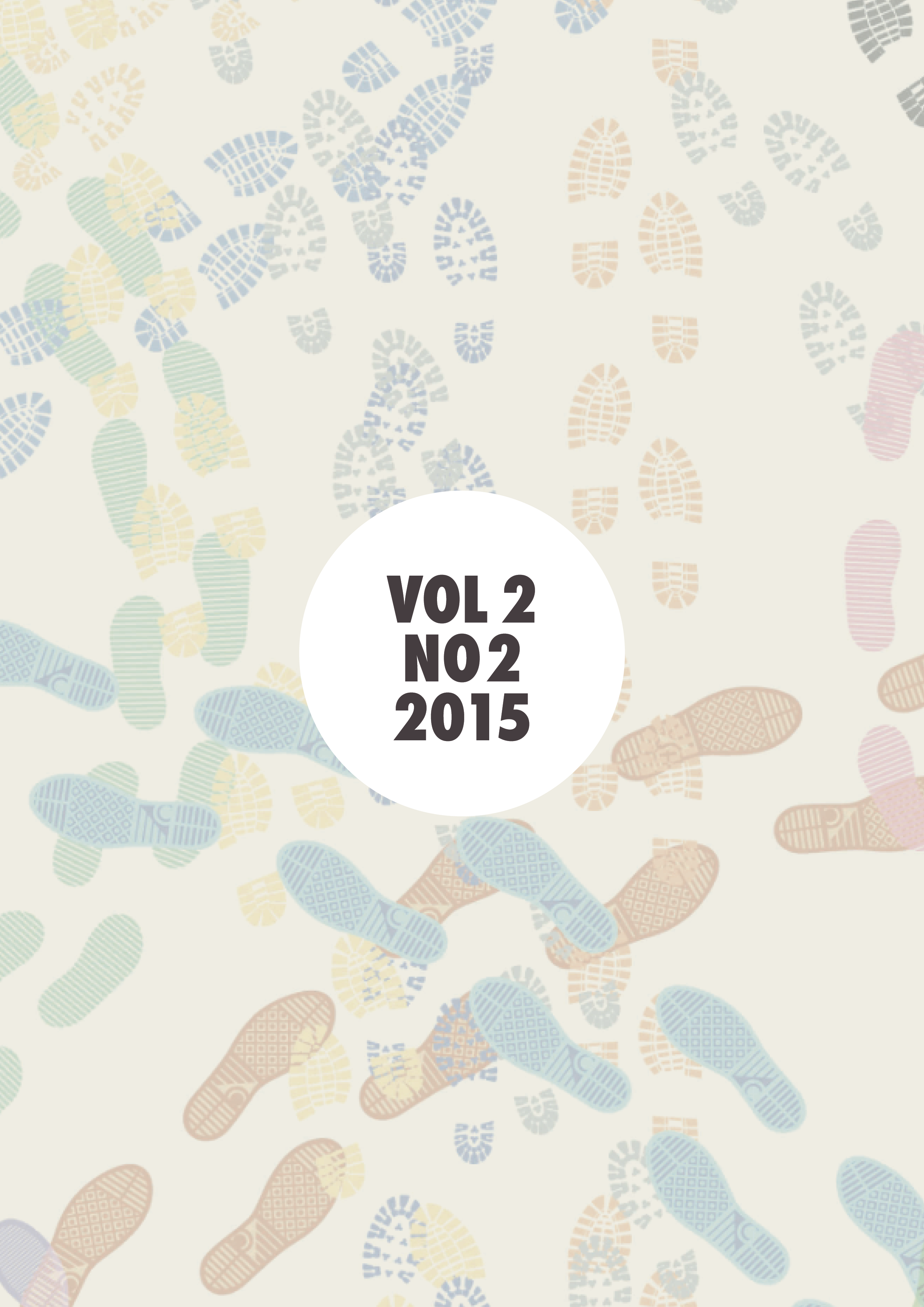Participation as assemblage: Introducing assemblage as a framework for analysing participatory processes and outcomes
DOI:
https://doi.org/10.7146/tjcp.v2i2.22923Abstract
The article presents a yet unexplored framework for analysing the multidimensionality and dis/connections of participatory processes and their outcomes by using the concept of the ‘assemblage’ (DeLanda, 2006). The case is an eight-month collaboration between a task force initiated by Central Denmark Region, the socio-economic company Sager der Samler, and citizens. The collaboration is aimed at bringing together and working across various institutional and user perspectives to act on a societal challenge. The analysis is theoretically based on a review of existing theories of participation and typologies for analysing and evaluating participation. In particu- lar, the analysis focuses on the assemblage approach as a way of acknowledging the institutional, affective, mate- rial and power-related complexity of participatory processes. The assemblage approach helps to analytically stress that the process under investigation should be evaluated both with a more traditional focus on decision-making or power allocation, as well as taking into account the social, personal-affective and material benefits produced, and the potential for change in the relationship between public administration and citizens.
Downloads
Published
How to Cite
Issue
Section
License
Copyright (c) 2015 Conjunctions. Transdisciplinary Journal of Cultural Participation

This work is licensed under a Creative Commons Attribution-NonCommercial-NoDerivatives 4.0 International License.
Copyright (c)): Author
This work is licensed under a Creative Commons Attribution-NonCommercial-NoDerivatives 4.0 International License.





